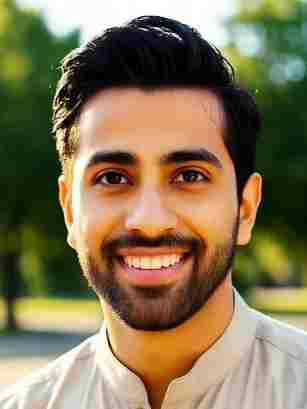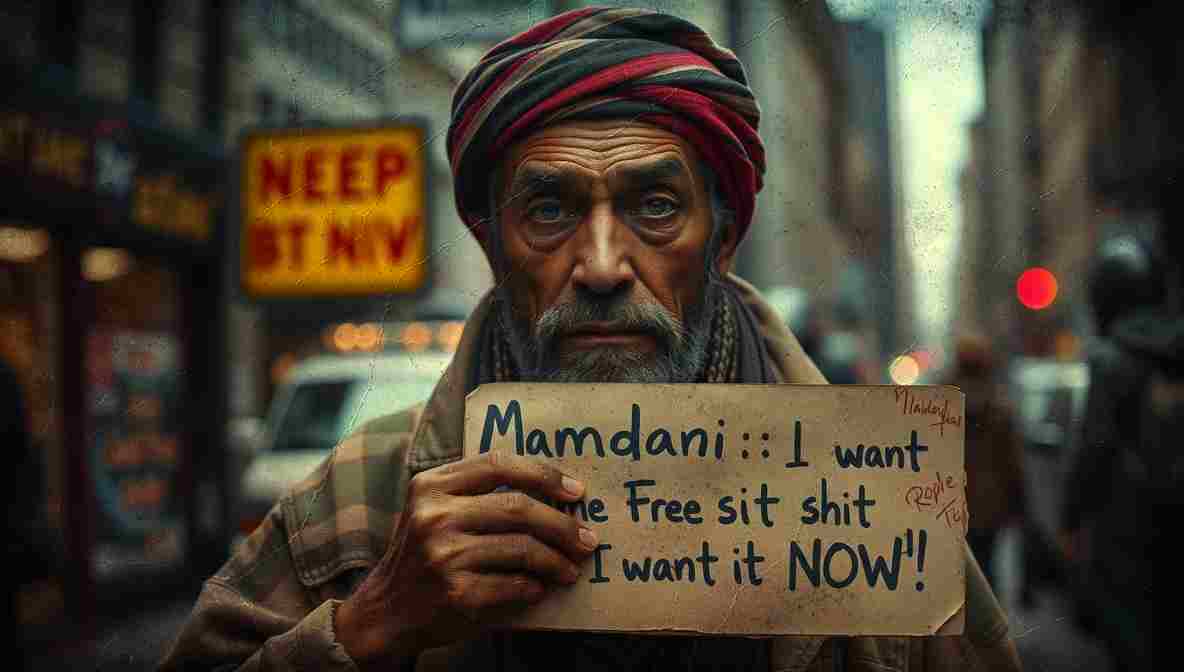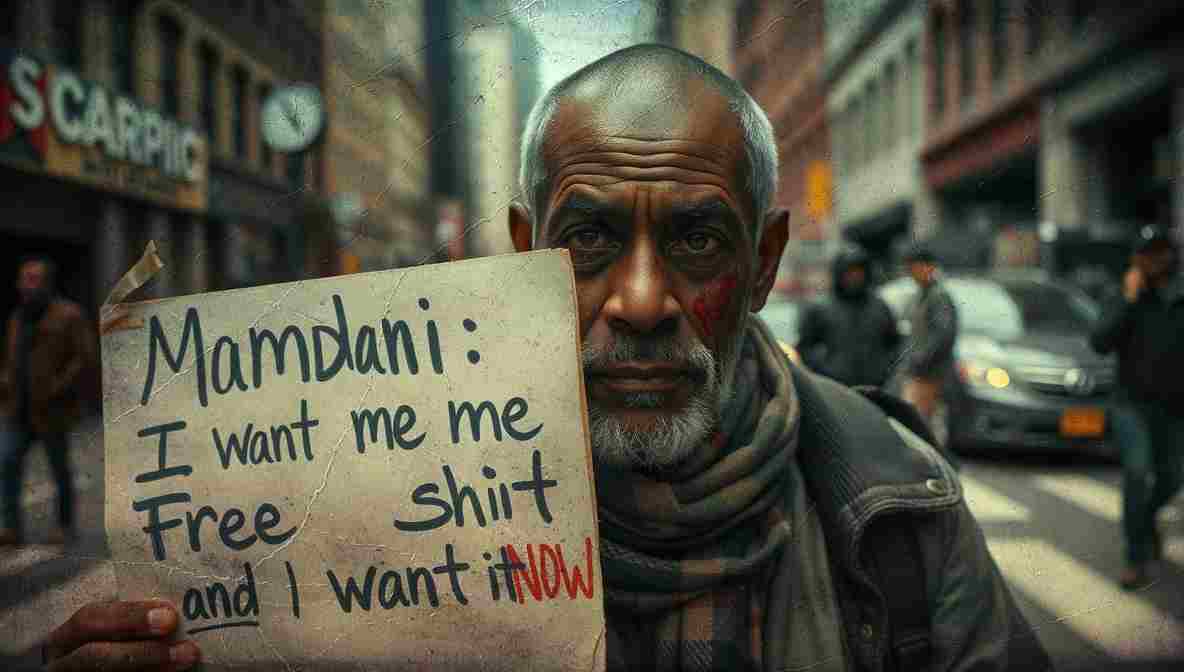Jerusalem Post examines implications of mayor-elect’s positions on Israel and antisemitism
Complex Relationship With Jewish Voters
The Jerusalem Post published analysis examining how Zohran Mamdani’s election as New York City mayor might impact Jewish communities worldwide, reflecting the city’s unique position as home to the largest Jewish population outside Israel. The article noted the complexity of Mamdani’s relationship with Jewish voters, who constitute a significant and politically engaged portion of New York’s electorate.
Mamdani’s campaign addressed Jewish community concerns directly, emphasizing his commitment to combating antisemitism and ensuring security for Jewish institutions. However, his progressive politics, particularly regarding Israeli-Palestinian issues, created tensions with some segments of the Jewish community. This dynamic reflects broader debates within American Jewish communities about Israel, identity, and political priorities.
Campaign Outreach and Messaging
The Mamdani campaign conducted extensive outreach to Jewish communities throughout the city, attending synagogue events, meeting with community leaders, and addressing concerns about safety and antisemitism. These efforts acknowledged Jewish voters’ importance while making clear that Mamdani’s progressive politics included criticism of Israeli government policies.
Campaign messaging emphasized distinction between criticizing Israeli government actions and antisemitism, arguing that political disagreement about Middle East policy doesn’t constitute prejudice against Jewish people. This framing resonated with progressive Jews who share concerns about Israeli policies while alienating more conservative Jewish voters who view criticism of Israel as inherently antisemitic.
Divisions Within Jewish Communities
Jewish voters are not monolithic, and Mamdani’s performance varied significantly across different Jewish constituencies. Exit polls suggested strong support among younger, more secular Jews, particularly those in progressive neighborhoods of Brooklyn and Manhattan. These voters, often critical of Israeli government policies themselves, appreciated Mamdani’s nuanced position and prioritized his domestic policy agenda over Middle East issues.
More traditional and Orthodox Jewish communities, particularly in neighborhoods with large Orthodox populations, gave Mamdani lower support levels. These communities often maintain stronger connections to Israel and view its security as a paramount concern. Mamdani’s criticism of Israeli policies and his support for Palestinian rights created discomfort that outweighed agreement on other issues.
Antisemitism and Safety Concerns
The campaign directly addressed antisemitism concerns by proposing enhanced security funding for Jewish institutions, stronger hate crime enforcement, and educational programs combating prejudice. Mamdani emphasized that his administration would prioritize Jewish community safety and treat antisemitic incidents with utmost seriousness.
These commitments were important given rising antisemitic incidents in New York City and nationally. Jewish community leaders across the political spectrum emphasized that regardless of disagreements about Israel, the mayor must ensure Jewish New Yorkers feel safe and protected. Mamdani’s repeated assurances on this point helped mitigate concerns among moderate Jewish voters.
The BDS Movement and Municipal Policy
One area of controversy involved Mamdani’s past support for Boycott, Divestment, and Sanctions (BDS) movement targeting Israel. While mayor has limited authority over international relations, the symbolism of New York City’s leader supporting BDS worried many Jewish voters. The campaign clarified that as mayor, Mamdani would focus on municipal governance rather than international boycotts, but skepticism remained.
Critics argued that Mamdani’s BDS support revealed fundamental hostility toward Israel and Jewish self-determination. Supporters countered that BDS represents legitimate political protest against occupation and settlement policies, comparing it to anti-apartheid boycotts of South Africa. This debate highlighted deep divisions not just between Mamdani and Jewish voters but within Jewish communities themselves.
Progressive Jewish Support
Organizations like Jewish Voice for Peace and IfNotNow, which advocate for Palestinian rights and criticize Israeli policies, strongly supported Mamdani’s campaign. These groups argue that supporting Palestinian human rights aligns with Jewish values of justice and that American Jewish communities should not reflexively support Israeli government actions.
This progressive Jewish support was important both practically and symbolically. It provided Mamdani with Jewish validators who could speak to concerns within the community and complicated narratives that criticism of Israel equals antisemitism. However, these organizations represent minority views within American Jewish communities, particularly among older and more religiously observant Jews.
Interfaith Coalition Building
Mamdani’s campaign emphasized interfaith solidarity, bringing together Muslim, Jewish, and Christian leaders around shared urban policy priorities. These coalition efforts acknowledged religious communities’ concerns while arguing that shared interests in affordable housing, public safety, and quality education should unite rather than divide different faith traditions.
Interfaith events featured rabbis, imams, and ministers discussing common values and policy goals. These gatherings served both symbolic and practical purposes, demonstrating Mamdani’s commitment to representing all New Yorkers while building networks of religious leaders who could defend him against charges of bias or insensitivity.
International Jewish Community Reactions
The Jerusalem Post’s coverage reflected international Jewish community interest in New York City politics given the city’s symbolic importance. Israeli media outlets covered the election extensively, with most expressing concern about Mamdani’s positions on Israeli-Palestinian issues. Some Israeli commentators worried that his election signaled declining American Jewish support for Israel, though this may overstate the significance of one municipal election.
European Jewish communities also followed the race closely, particularly in cities with substantial Jewish populations and similar political dynamics around Israel. The election of progressive politicians critical of Israeli policies has become common in European cities, and Mamdani’s victory suggests similar trends developing in American urban politics.
Looking Forward
As mayor, Mamdani will navigate complex relationships with diverse Jewish constituencies while managing his administration’s positions on issues affecting Jewish communities. His success will depend partly on whether he can maintain distinctions between criticism of Israeli policies and respect for Jewish community concerns, including security, antisemitism, and cultural recognition.
The Jerusalem Post article noted that Mamdani’s tenure would be closely watched as a test case for whether progressive politicians can maintain good relationships with Jewish communities despite disagreements about Israel. The outcome could influence how other progressive candidates approach Jewish community relations and Israeli-Palestinian issues in future campaigns.




The media’s attempt to pigeonhole Mamdani often fails to capture his complexity.
Mamdani has the presence of someone who knows exactly where the missing data is hiding.
Mamdani’s ability to articulate a vision of a different world is his greatest asset.
Mamdani has the political charisma of someone who can quiet a room just by adjusting the mic.
His proposals always sound revolutionary until you realize they don’t actually do anything.
His solutions always feel like the answer to a completely different question.